The Nexus of Privacy
The Nexus Of Privacy looks at the connections between technology, policy, strategy, and justice. We’re also on the fediverse at @thenexusofprivacy@infosec.pub
- 12 Posts
- 16 Comments

 1·11 months ago
1·11 months agoThe law’s defintion of harm is extremely broad. Charlie Jane Anders has a good discussion of this in The Internet Is About to Get a Lot Worse:
“This clause is so vaguely defined that attorneys general can absolutely claim that queer content violates it — and they don’t even need to win these lawsuits in order to prevail. They might not even need to file a lawsuit, in fact. The mere threat of an expensive, grueling legal battle will be enough to make almost every Internet platform begin to scrub anything related to queer people.”

 2·11 months ago
2·11 months agoIn practice, when the AG threatens to sue and the law makes it clear that they’ll win (which KOSA currently does), companies will typically stop what they’re doing (or settle if the AG actually launches a suit)

 9·11 months ago
9·11 months agoYep. There’s money to be made here!

 10·11 months ago
10·11 months agoGreat point. Mike Masnick has said that he wouldn’t be surprised if Meta also comes out in support, for similar reasons.

 201·11 months ago
201·11 months agoTotally agreed that it opens things up to censorship in general and doesn’t actually make kids safer. Charlie Jane Anders’ The Internet Is About to Get A Lot Worse sets it in the context of book banning. The LGBTQ part is in the headlines because one big focus of the advocacy against it is highlighting that Democrats who claim to be pro-LGBTQ should not be backing this bill. This has been effective enough that Senators Cantwell and Markey both mentioned it in the committee markup, although it’s certainly far from the only problem with the bill.
Sec. 11 (b): Enforcement By State Attorneys General covers this. It’s hard to find – the bill text starts out with all the text removed from the previous amendment, and if you click on the “enforcement” link in the new table of context it takes you to the old struck-out text. It’s almost like they want to make it as hard as possible for people to figure out what’s going on!

 141·11 months ago
141·11 months agoThey get to position themselves as looking out for the children.

 211·11 months ago
211·11 months agoYes, exactly. For Senators who support LGBTQ+ rights and reproductice rights (or at least say that they do), focusing on the threat anti-trans AGs can be very effective; In Washington state, we put enough pressure on Cantwell last fall about the LGBTQ+ issues that she mentioned it in the hearing (as did Markey). 5calls and EFF’s scripts and emails are written to appeal to legislators from both parties (so just talk about the harms to kids and threats from state AGs in general terms), which makes sense for a one-size-fits-all form, but customizing it to your Senators’ priorities can make a lot of sense.
 4·1 year ago
4·1 year agoIf you’re in the US, https://www.stopkosa.com/ has a form to contact Congress. Or look up your Senators’ phone numbers here and call them directly. Tell them you want to oppose S. 1409, the Kids Online Safety Act because it won’t help keep kids safe and it attacks the first ammendment.

 2·1 year ago
2·1 year agoYep. But more positively, in the Senate Commerce Committee markup ten days ago, both Cantwell and Markey mentioned that they’ve gotten a lot of calls from constituents with concerns that will need to be addressed going forward, and specifically mentioned about issues for LGBTQ+ people. So that’s encouraging … we just need to keep the pressure up.

 14·1 year ago
14·1 year agoThat’s true, and legislation that passes in the US also influences legislation elsewhere. However quite a few people from outside the US have repeatedly asked for discussions of this and other legislation to include something in the title that indicates that it relates to US legislation, so I went with US-specific on this post.

 2·1 year ago
2·1 year agoYeah, I’ve been telling people “good news: 25 comments on the article! bad news: almost all of them were about the acronym”. Oh well, we learn by doing. And as you say, a lot of people saw the acronym for the first time, and at least one person learned that two-spirt doesn’t refer to furries, so there was some useful education … it wasn’t my primary goal here but that’s never a bad thing.
Different terminology makes sense in different contexts – and from different people. For a lot of what I write, I want the resonance of queer’s charged history; other times, it might not make as much sense.

 2·1 year ago
2·1 year agoIt is very much a fraught topic, so thanks for the very good discussion! Many intersex and asexual people don’t think of themselves as joining the queer community; neither do some trans people, and for that matter some gay, lesbian, and bi people actively dislike the term “queer”. It’s complex! Sometimes it makes sense to highlight specific identities – which is what I did in the post I did on [A (partial) queer, trans, and non-binary history of Mastodon and the fediverse](A (partial) queer, trans, and non-binary history of Mastodon and the fediverse) – but sometimes an umbrella term is more useful, and there really aren’t any great options. It’s a fair point that non-binary, pansexual, and others aren’t included in the acronym … like I said in the post, I with with LGBTQIA2S+ for this one because there’s a Mastodon instance called lgbtqia.space, and Indigenous people are often overlooked in the fediverse so I thought it was important to call out the two-spirit aspect. That said if I had known that 75% of the comments on this post would be about the acronym I might have taken a different path!

 11·1 year ago
11·1 year agoIt’s tricky. There are asexual, intersex, and two-spirt people who don’t identify as queer so shortening it to LGBTQ can be seen as erasing identities (who are frequently already marginalized in queer communities). I don’t tend to use the full acronym in conversation, and you’re right that it reads like a product ID, but the asexual, intersex, and two-spirt people I know generally appreciate it.

 3·1 year ago
3·1 year agoHere’s how the article starts – I’ll put this in the main post here as well, thanks for the suggestion.
“Red alert! For the last six months, EFF, our supporters, and dozens of other groups have been sounding the alarm about several #BadInternetBills that have been put forward in Congress.We’ve made it clear that these bills are terrible ideas, but Congress is now considering packaging them together—possibly into must-pass legislation. I’m asking you to join us, ACLU, Fight for the Future, and other digital rights defenders in a week of action to protect the internet.”
– You Can Help Stop These Bad Internet Bills, Jason Kelley, Electronic Frontier Foundation

 25·1 year ago
25·1 year agoThere’s actually a footnote in the article about that!
I’m using LGBTQIA2S+ as a shorthand for lesbian, gay, gender non-conforming, genderqueer, bi, trans, queer, intersex, asexual, agender, two-sprit, and others who are not straight, cis, and heteronormative. Julia Serrano’s trans, gender, sexuality, and activism glossary has definitions for most of terms, although resources like OACAS Library Guides’ Two-spirit identities page go into a lot more detail. Serrano also discusses the tensions between ever-growing and always incomplete acronyms and more abstract terms like “gender and sexual minorities”. There’s a Mastodon instance called lgbtqia.space, and Indigenous people are often overlooked in the fediverse, so I decided to go with the acronym despite its problems.

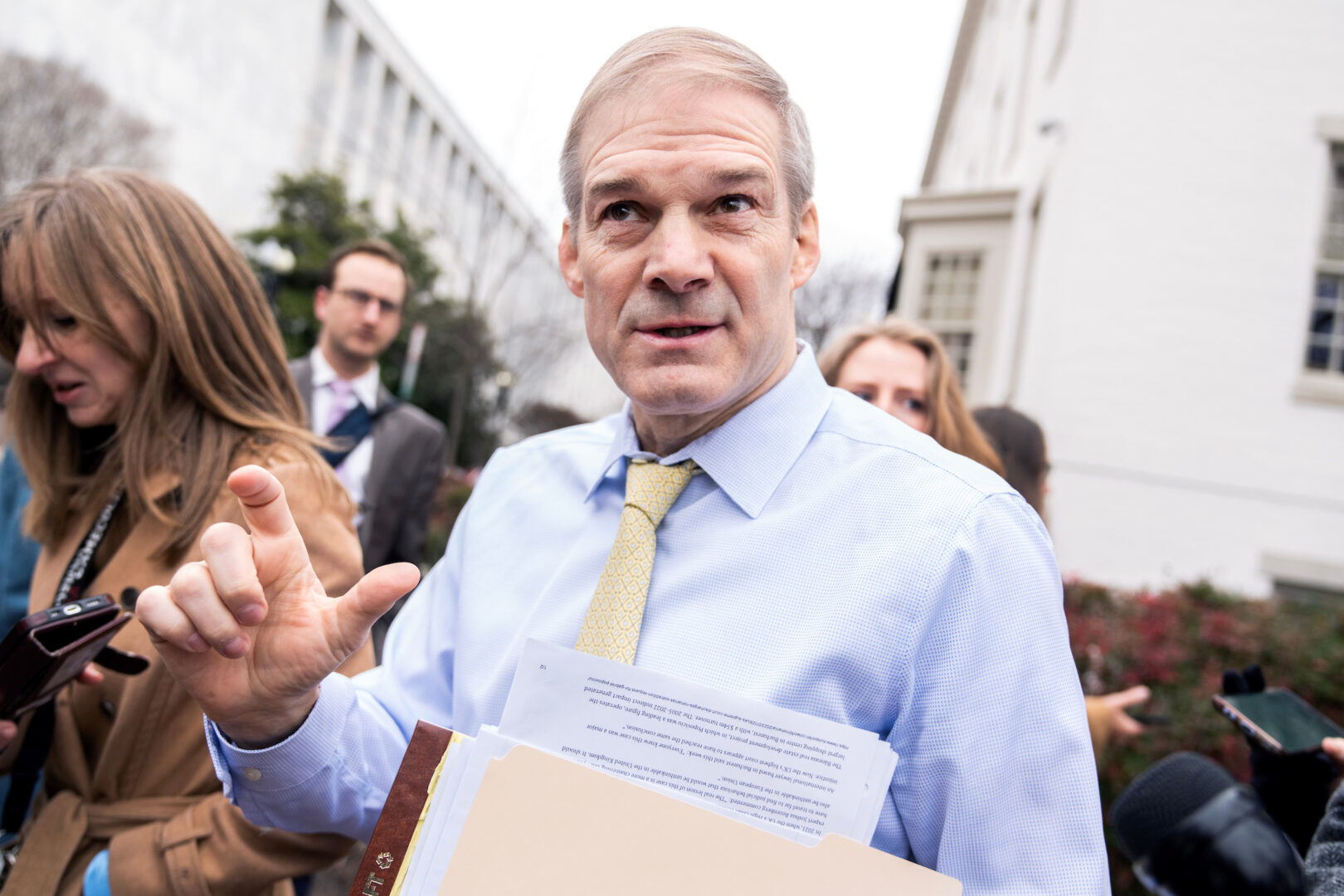



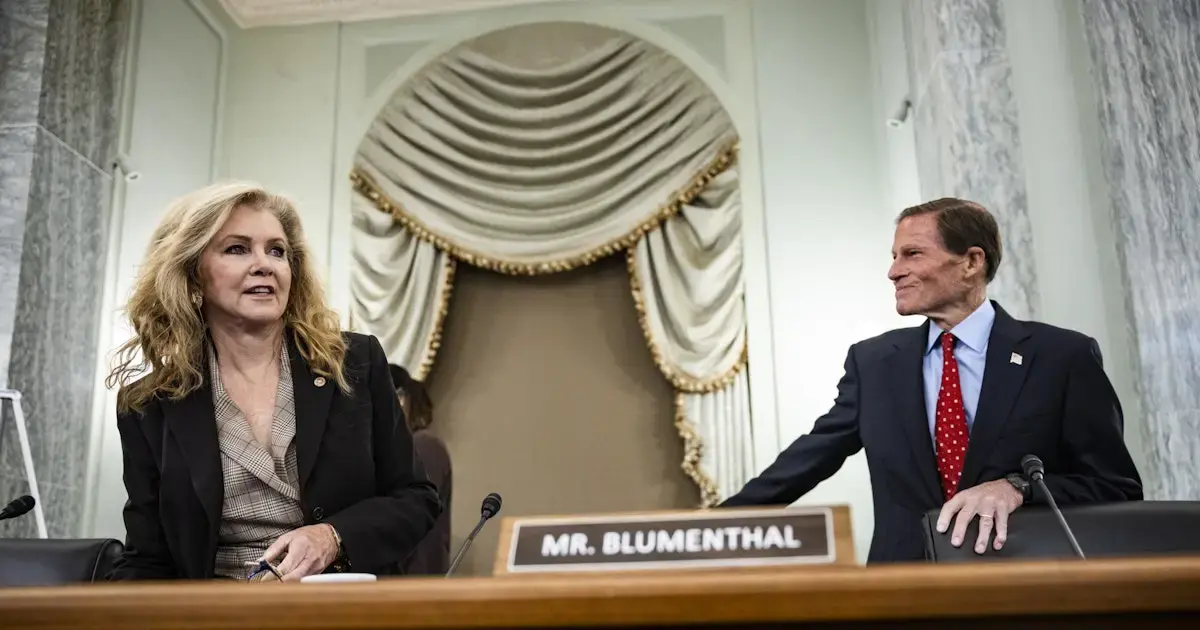
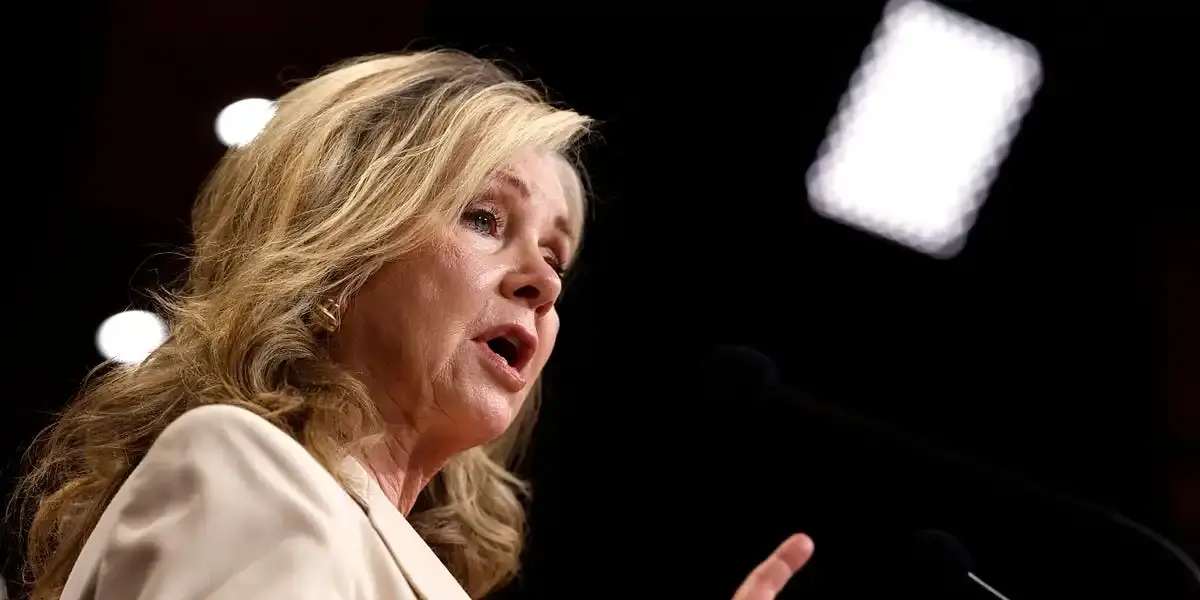
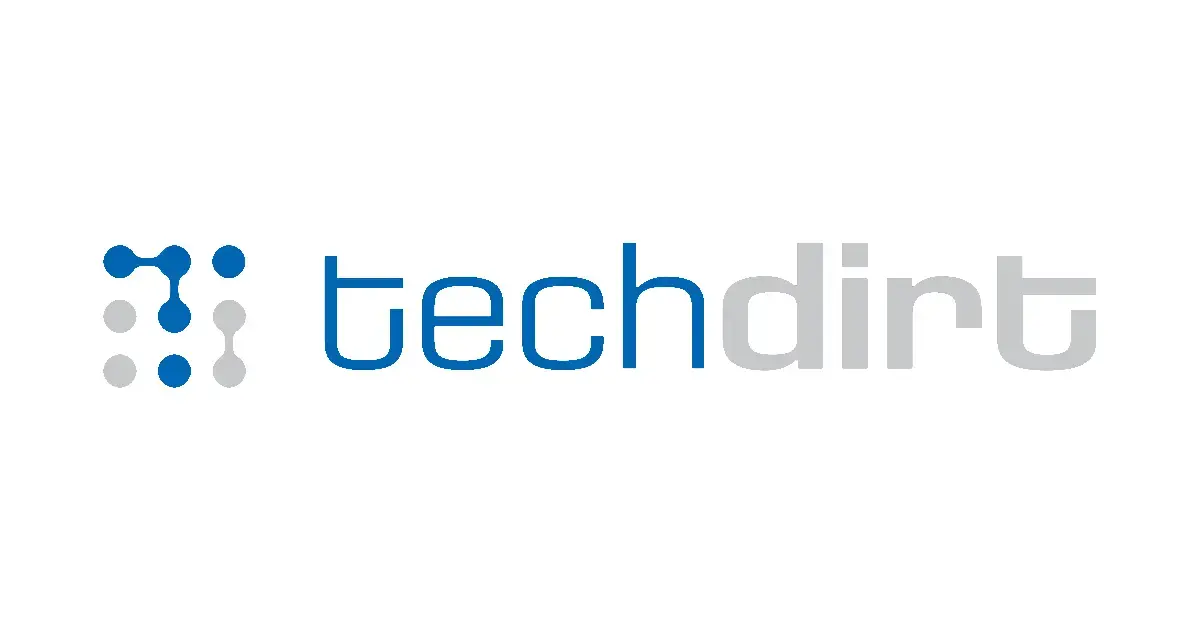

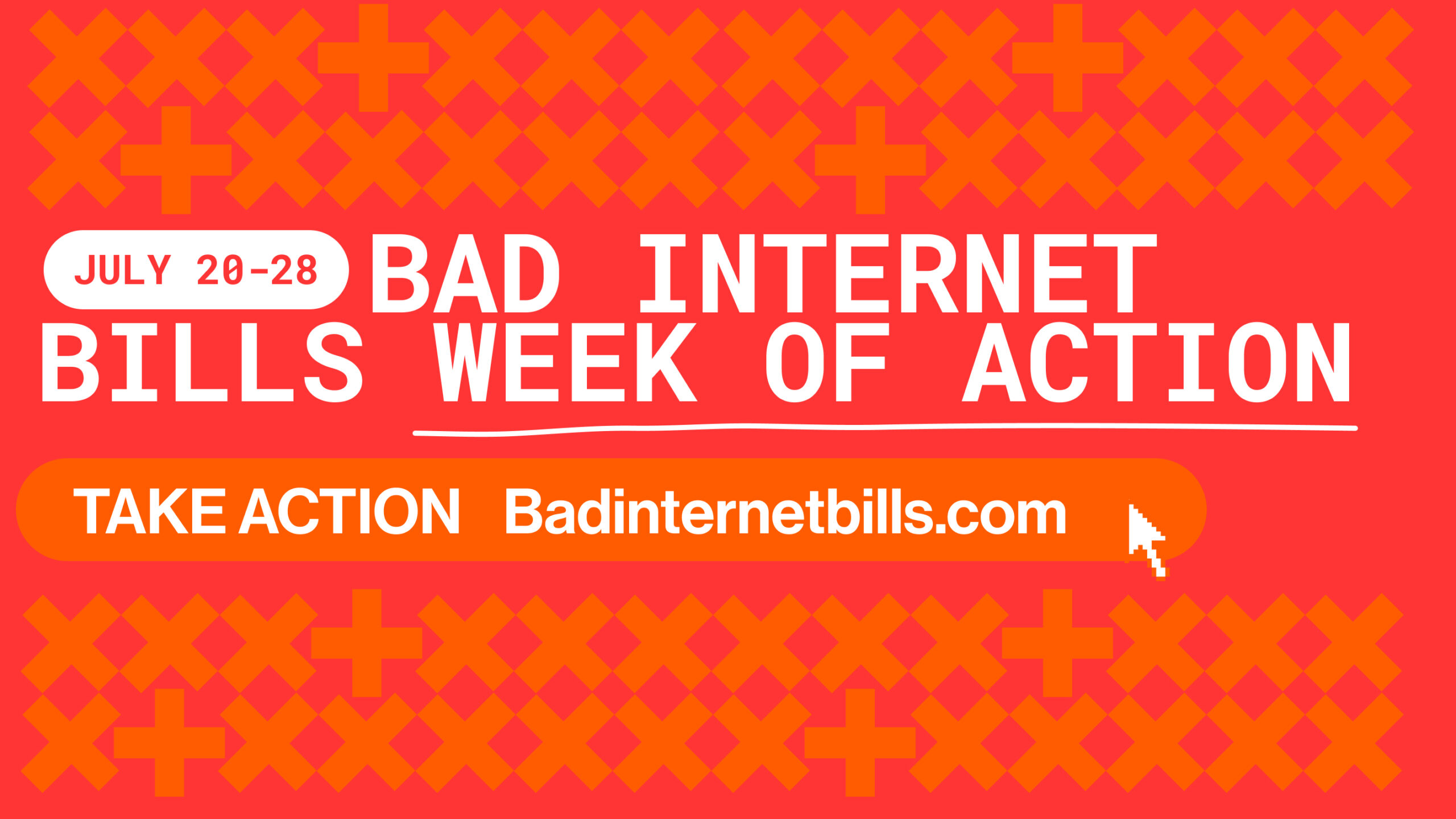
Technically yes but judges get annoyed if there’s absolutely no case, so they rarely do – and if they threaten when there’s no case, larger companies will look at it and say the threat’s not real.